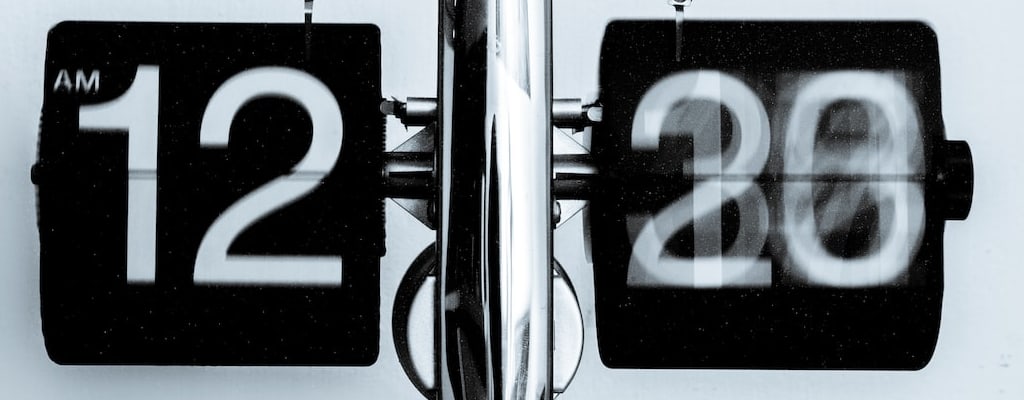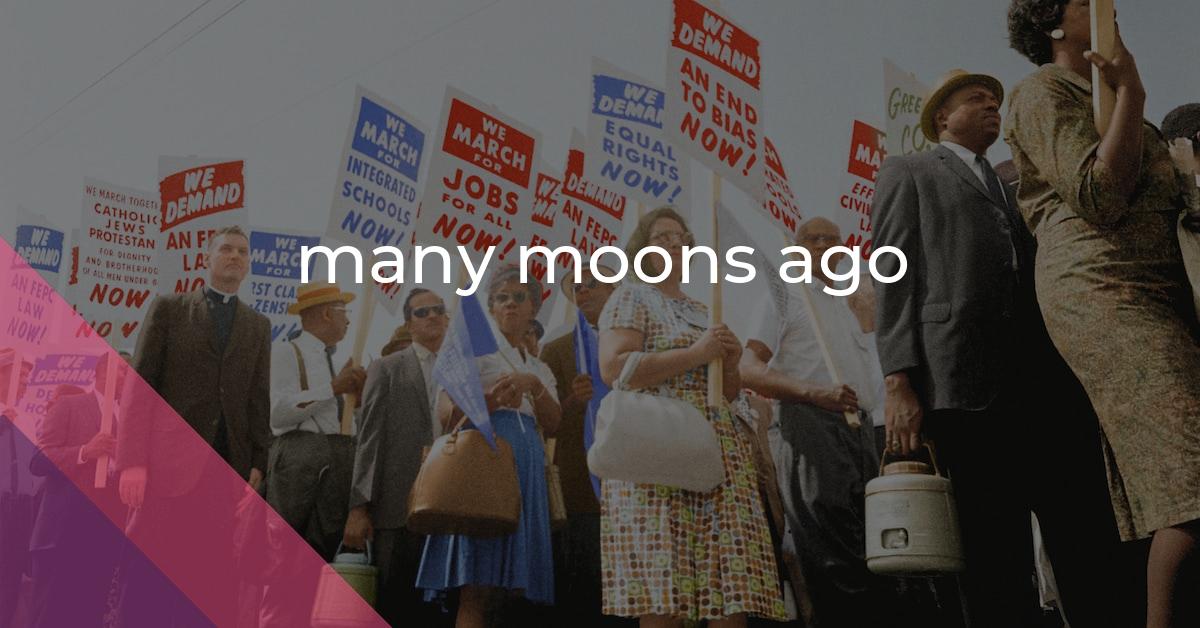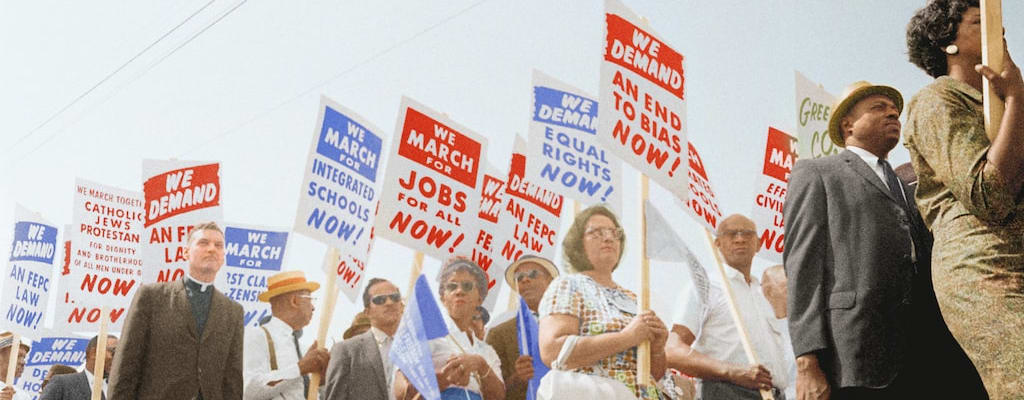many moons ago: Idiom Meaning and Origin
What does ‘many moons ago’ mean?
The idiom "many moons ago" is used to refer to a time in the past that is long ago or far away, usually implying a significant amount of time or a distant memory.

Idiom Explorer
The idiom "see the dark side of the moon" refers to experiencing or witnessing the hidden or negative aspects of a person, situation, or thing.
The idiom "quite a bit" means a large or significant amount. It is often used to emphasize the extent or quantity of something.
The idiom "over the moon" means to be extremely happy or delighted about something, often to the point of feeling euphoric or elated.
The idiom "over the hills and far away" means to be in a distant or unreachable place, often used to describe someone who is escaping or avoiding a situation.
The idiom "out of date" means something or someone that is no longer current, modern, or in fashion.
The idiom "on in years" refers to someone who is old or elderly.
The idiom "once in a while" means occasionally or infrequently.
The idiom "once in a purple moon" means something that happens extremely rarely or almost never.
"Once in a blue moon" means something that happens very rarely or almost never. The phrase refers to the rare occurrence of a second full moon within a calendar month, which happens once every few years.
Unearthing Ancient Origins
The idiom "many moons ago" is a commonly used phrase in modern English that refers to a time in the distant past. It carries a sense of nostalgia and evokes a long passage of time, often with a whimsical or romantic undertone. The origin of this idiom can be traced back to Native American cultures, where the moon was used as a unit of measuring time. Native Americans used moon cycles as a way to mark months, so the mention of "many moons" refers to a considerable length of time passing. The moon has always been intimately tied to the concept of time and the passing of phases, making it a natural symbol for the idiom.
The idiom "many moons ago" is an example of a simile used metaphorically to compare the passage of time to the cycles of the moon. By equating the passage of "many moons" to a long time ago, the idiom conveys the notion of something being in the distant past, creating a temporal distance between the present and the events being referred to. When used in a sentence, the idiom "many moons ago" often carries a tone of fond reminiscence or nostalgia. It is commonly employed to refer to personal experiences, historical events, or cultural phenomena that occurred a significant time in the past.
The phrase "long since" is another idiom closely related to "many moons ago." It expresses a similar idea of a distant past, emphasizing the significant time that has passed since a particular event or situation. The use of "long since" suggests that the event or situation is now ancient history and may have little relevance to the present. This idiom is often used in a reflective or wistful manner, evoking memories and a sense of the past being far removed from the current moment.
"way back when" is yet another idiom that shares similarities with "many moons ago." It is used to describe a time in the past that is so distant that it almost feels like a different era altogether. The phrase "way back when" emphasizes the notion of a bygone era, recalling memories of a time that may hold sentimental value or significance. It has a nostalgic quality, inviting listeners or readers to reflect on a time that feels far removed from the present.
The idiom "days of yore" is also closely associated with "many moons ago" and conveys a similar sense of the distant past. It refers to a time long ago, often with a sense of romanticism or idealization. The use of "days of yore" suggests that the past was a more idyllic or simpler time, contrasting with the complexities of the present. This idiom is commonly used to evoke a sense of nostalgia and to highlight the passage of time.
As we explore the idiom "many moons ago" and its related idioms, we are reminded of the enduring power of language to capture the essence of time and our collective human experiences. These idioms allow us to reflect on the passage of time and engage in storytelling, whether it be through personal anecdotes or the retelling of historical events. They serve as a bridge between the present and the past, connecting us to our roots and reminding us that our memories and experiences are an integral part of who we are.
Example usage
Examples of how the idiom "many moons ago" can be used in a sentence:
- "I met him many moons ago, during my first year of college."
- "That movie was popular many moons ago, back in the 90s."
- "My grandparents got married many moons ago, before I was even born."
More "Time" idioms



